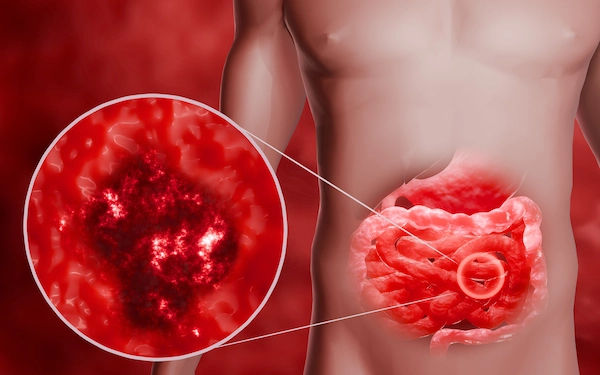- Male
- 22 Years
- 29/01/2025
I've been dealing with a fatty liver, and just a couple of months ago, my SGPT levels were at 96. Now, thanks to medication, they've dropped to 63. But now I'm concerned because my direct bilirubin has gone up to 0.6, whereas it was normal before. Should I be worried about this change in bilirubin, and does it mean anything serious about my liver condition or overall health?
Answered by 1 Apollo Doctors
Your SGPT levels have improved with medication, but your direct bilirubin has increased. This could indicate ongoing liver inflammation or damage. I recommend you continue with your current medication and also consider adding Ursodeoxycholic acid (UDCA) to help improve liver function and reduce bilirubin levels. Make sure to follow up with your doctor for monitoring and further guidance.
Dr. Dr Khaleel Suggests...
Consult a Gastroenterology/gi Medicine Specialist
Answered 04/07/2025
0
0

More Gastroenterology/GI medicine Health Queries
View allI've been struggling with this really intense hunger pain that just won't go away, and it's so bad it makes me feel like throwing up. I have this acid reflux thing too, and my bowel movements have been all over the place for months. I've been eating healthily, cutting out all the processed stuff, no soft drinks, nothing unhealthy, and I even started working out. But it still feels like my stomach can't digest food properly. The hunger pains hit me so hard even after eating. It's been like this for years, but the acid thing is kinda new. I'm 24, female, and a bit overweight. Any ideas about what's going on or what I should do?
Consider consulting a gastroenterologist to rule out underlying conditions like gastroparesis, irritable bowel syndrome (IBS), or small intestine bacterial overgrowth (SIBO), and in the meantime, try keeping a food diary to track symptoms, eat smaller, more frequent meals, choose low-acid foods, avoid trigger foods, and consider probiotics or digestive enzymes to support gut health,
Answered by 1 Apollo Doctors
I just got my liver function test results back, and it says my alkaline phosphatase is at 133.8 UL, but the normal range is between 38.0 to 94.0. Should I be worried about this high level? What could it mean for my health?
Traveling after IVF transfer can be a concern. _General Guidelines_ 1. _Avoid heavy travel_: For 2-3 days after IVF transfer, minimize travel to reduce physical stress. 2. _Smooth roads preferred_: If you must travel, opt for smooth roads to minimize bumps and jolts. _Road Conditions and Travel_ 1. _Bad roads may not be ideal_: Avoid traveling on very bad roads, as the constant jolting can cause discomfort and potentially dislodge the embryo. 2. _Short distances might be okay_: If you must travel on bad roads, short distances (less than 2 hours) might be manageable, but exercise caution. _Precautions_ 1. _Wear a seatbelt_: Ensure your safety and the embryo's by wearing a seatbelt. 2. _Avoid bumpy roads_: If possible, take an alternate route with smoother roads. 3. _Stay hydrated and comfortable_: Drink plenty of water, and try to relax during the journey. _Consult Your IVF Specialist_ It's essential to follow your IVF specialist's specific advice, as they understand your individual situation and treatment plan. Remember, it's always better to err on the side of caution when it comes to your IVF treatment and the health of your embryo.
Answered by 1 Apollo Doctors
I've been experiencing this strange fluttering, pulsating, vibrating feeling under my left rib. There's no pain, and I don't think it's connected to my heart because I've checked my pulse at the same time as the sensation. Could you shed some light on what this might be?
once get your ECG done as a screening for cardiac issues,if it turns out to be normal, General physician consultation would help you.
Answered by 1 Apollo Doctors
Disclaimer: Answers on Apollo 247 are not intended to replace your doctor advice. Always seek help of a professional doctor in case of an medical emergency or ailment.


.webp)
